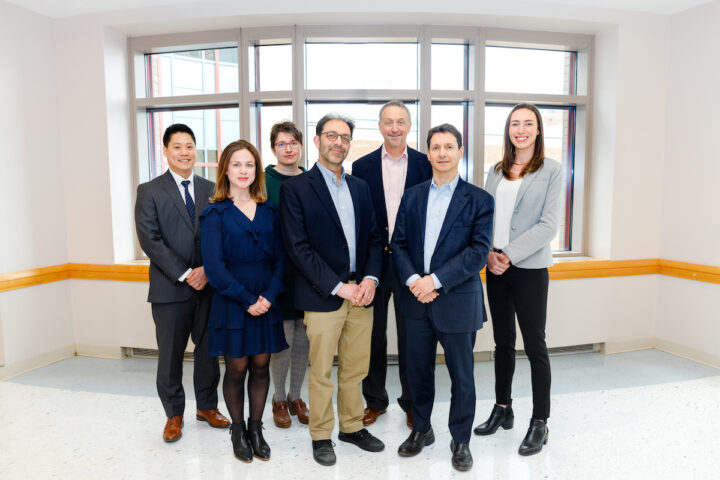Natalia Olchanski, PhD

Estimating the Value of Diabetes Prevention Programs Using Real-World Data
Summary
Reliance on narrowly defined trial cohorts for generation of value evidence may limit the generalizability and applicability of the results to broader populations that may be treated in real-world practice. This study will provide important insights into the risk profile of a real-world population receiving an intervention, as well as how it might differ from the risk profile of the clinical trial population, using the case study of the Diabetes Prevention Program (DPP) for individuals with pre-diabetes. It will subsequently provide insights into how the value of DPP in real-world practice may differ from health economic estimates based on clinical trials. There is substantial variation in intervention benefits from diabetes prevention, such as the national DPP, in individuals with pre-diabetes in the United States. Because these benefits drive variation in the value, or cost-effectiveness, of DPP across the population, it is important to accurately capture real-world eligible population characteristics. One approach is to use real-world data to supplement health economic assessments based on clinical trial cohorts. We propose to use national survey data, including the National Health and Nutrition Examination Survey, to characterize the diabetes risk of individuals referred to or actually receiving DPP in the United States, using validated diabetes risk-scoring instruments. We will then use individual-level simulation modeling to estimate the individual and population level value of DPP. Finally, we will compare these distributions between the DPP clinical trial population and the real-world population to assess the impact of using real-world data on value assessment for DPP.
Center for Enhanced Value Assessment (CEVA)
The Center for Enhanced Value Assessment (CEVA) sits within the Center for the Evaluation of Value and Risk in Health (CEVR) at Tufts Medical Center and serves as a platform to focus on a relatively recent phenomenon: namely, the proliferation of health technology value assessment frameworks in the United States. CEVA’s mission is to explore the quantitative implications of incorporating non-traditional value elements into cost-effectiveness analyses.

The CEVA team, from left to right: David Kim, PhD; Anna Legassie; Natalia Olchanski, PhD; Joshua Cohen, PhD; Daniel Ollendorf, PhD; Peter Neumann, ScD, and Madison Silver
The Value Assessment Research Award funding has made it possible for me to explore the use of real-world data to inform value assessments in heterogeneous populations, for example, reflecting impacts of health inequality and exploring how the value of diabetes prevention may differ by race or ethnicity. On a personal level, the grant also takes me further along the path of establishing myself in the role of principal investigator and building my research portfolio as an early-career independent researcher.